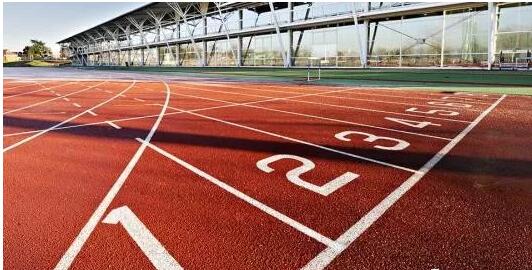In recent years, China has attached great importance to the development of physical education (PE) of schools. It has issued a series of policy documents on the comprehensive development of students’ fitness, as well as their intellects and sense of ethics and aesthetics. Sport is also one of the areas in which it supports international cultural and personnel exchanges.
Government funding has enabled young Chinese people, including Olympic champions, to study in the United States, Britain, and other countries to advance their knowledge and academic qualifications. During their studies, these students share and learn skills with local sports lovers. China has also sent school football coaches and teachers to study in Europe and beyond.
The Chinese Federations of University Sports and School Sports have put forward Chinese students as participants in various international sports events. These exchanges have improved not only the specialized expertise of these athletes and educators, but also their cross-cultural communication skills. For this reason, exchange and cooperation between Chinese and foreigners in the field of physical education should be further facilitated.
Globally, we should enhance young people’s understanding of the value of physical education. Aside from creating fitness and health, school sports and physical education lessons help develop athletic ability, hygiene practices, and good sportsmanship. These components are the core of physical education. Its broader value includes a great social function: physical education can cultivate social awareness and commitment, including collective consciousness, cooperative spirit, and a positive attitude to setbacks and failures. Each country should embrace its own unique recognition of its sports and their values. After all, countries in Europe, Latin America, Africa, and Asia have different understandings of football (soccer); the US has unique take on basketball and rugby; and China has a distinct approach to table tennis.
(source: Global Times)
Likewise, Chinese primary and secondary school students, in addition to participating in PE classes, should also be taught some Chinese traditional medical and cultural knowledge. Among them are learning Huangdi Neijing, the ancient Chinese medical text , which has been the fundamental source for Chinese medicine for more than two millennia, and gaining and idea of some relations between traditional Chinese medicine and culture, such as those indicated by holism, syndrome differentiation and treatment, precautionary treatment, yin-yang and the five elements, “assistant and guide” pharmacy, and the connectedness between medicine and food.
From an early age, students should develop good eating and healthy living habits, and cognizance of the five internal organs --essential in Traditional Chinese Medicine (TCM), namely, heart, lung, liver, kidney and spleen. They should not only know how to take care of their health, but also the reasons for and ideas behind such behaviors.
Through exchange and discussion around its value among students and teachers of various countries, we can realize the potential of physical education and, in turn, the comprehensive development of the sports industry as a whole.
China should carry out international exchange and cooperation in sports education through multiple channels. It should set up sports-themed winter and summer camps, work with other countries to hold bilateral and multilateral sports events, send coaches and teachers to each other’s countries for mutual learning. Sports clubs for students can conduct exchange activities, and families can also initiate international sports exchanges based on their particular interests.
We all know that education is fundamental but it can also be trailblazing. Sharing and cooperation in physical education would surely bring new vitality to the general cultural exchange between China and the rest of the world.
—————————————————————
ON TIMES WE FOCUS.
Should you have any questions, please contact us at public@taiheglobal.org
